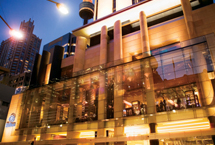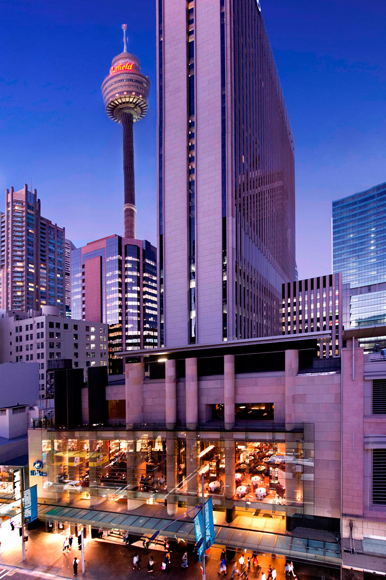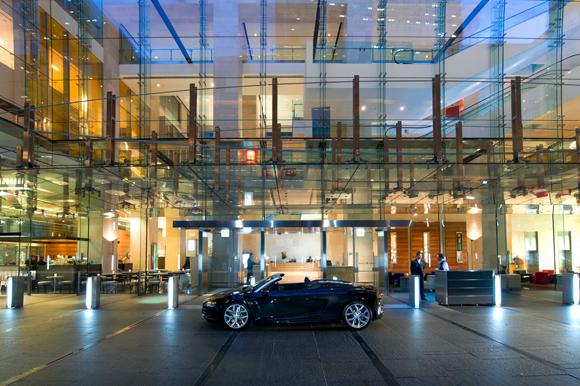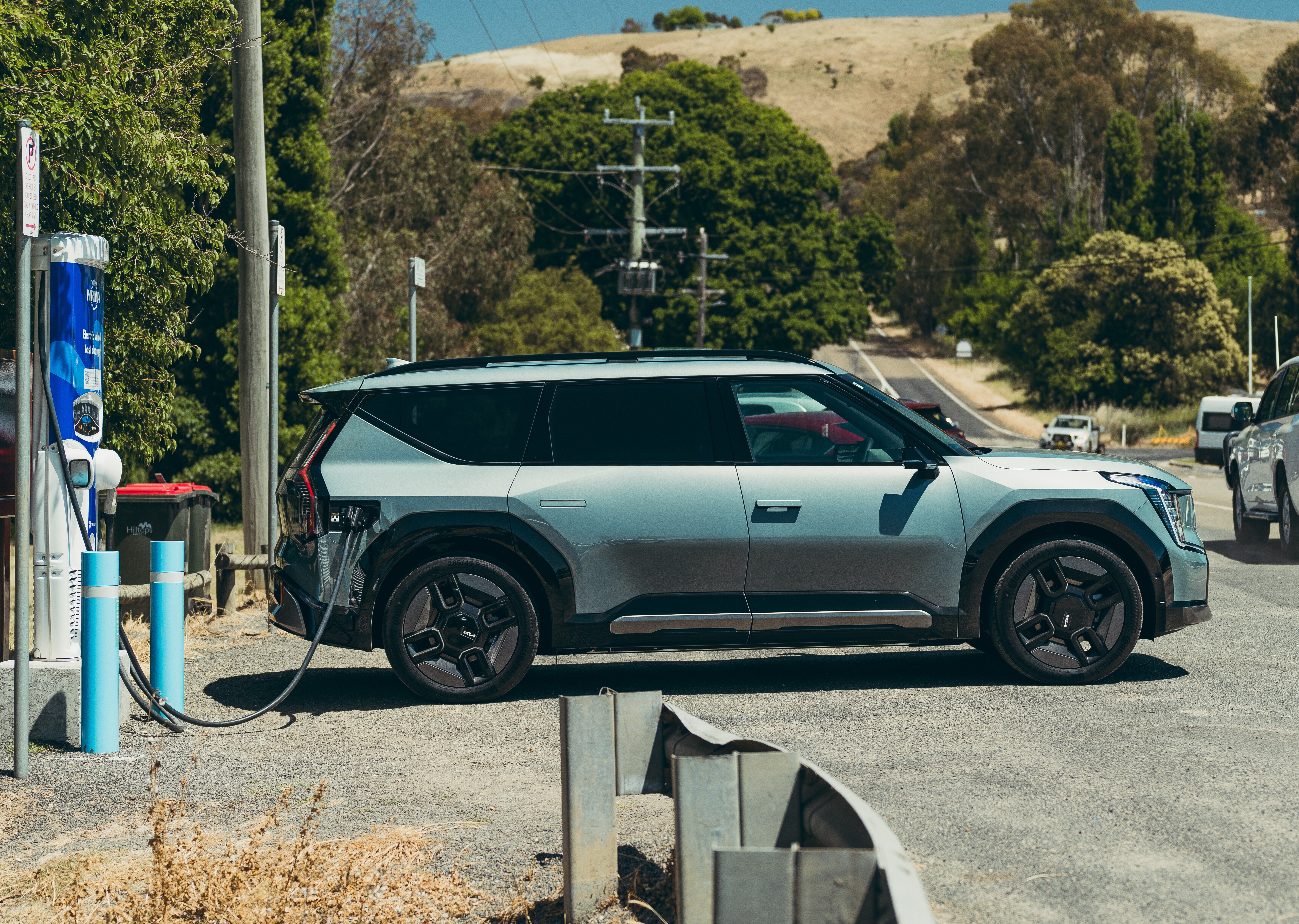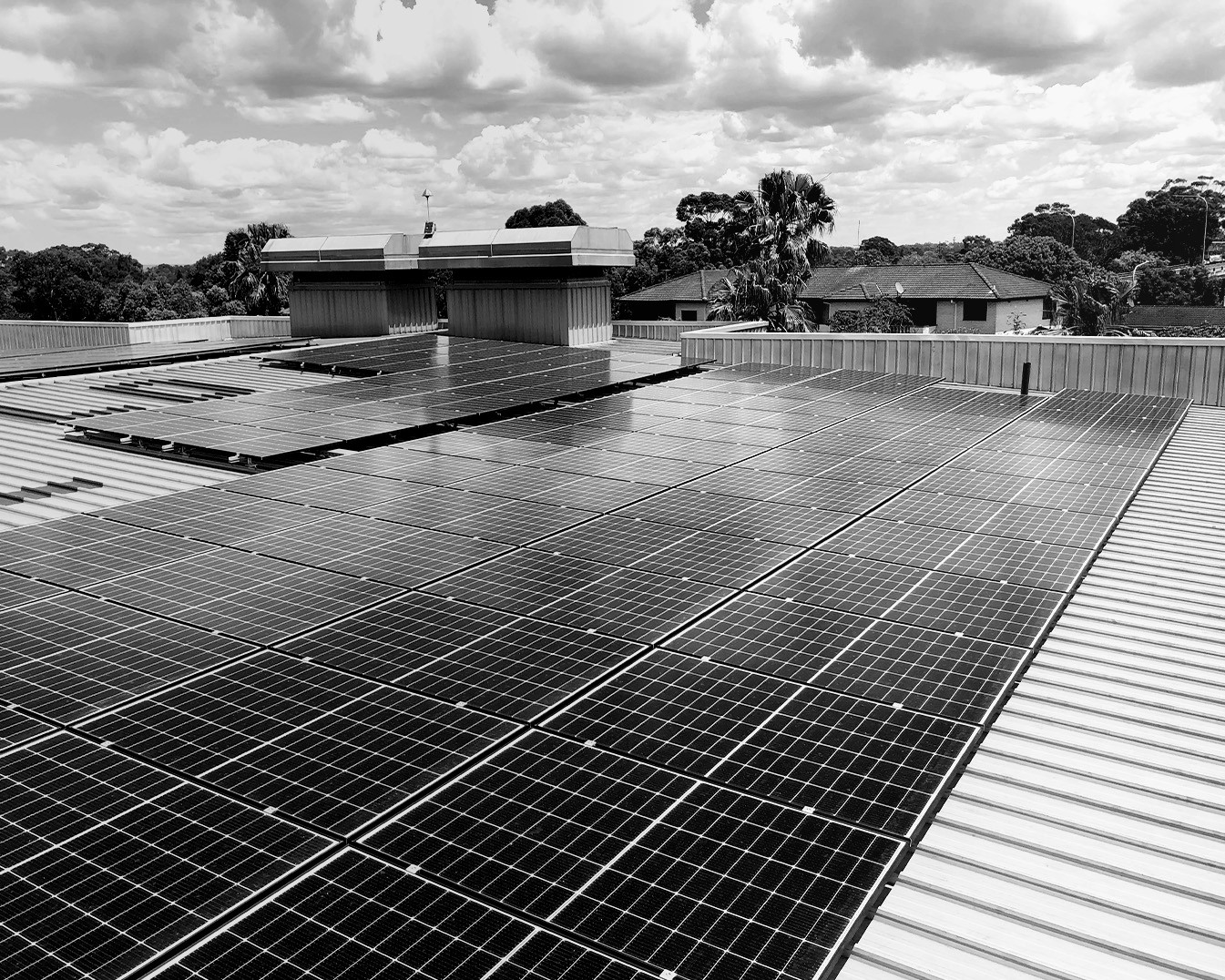Everyone seems to be whispering about Energy Savings Certificates (ESC’s), but few seem to understand the system. Fewer still are taking advantage of the scheme’s benefits. The Hilton Hotel in Sydney is an exception, and their pro-active approach to energy efficiency and ESC-creation has enabled them to cut energy use and upgrade their lighting system, for virtually no capital outlay.
The Hilton Sydney is ahead of the game where environmental responsibility is concerned. With a pro-active 5-stage, 5-year sustainability program in place, their ‘Green Path to Sustainability’ is already registering some big successes. Ranked No. 1 in Australia within Hilton Worldwide’s environmental monitoring program, the Hilton Sydney has seen a total energy reduction of 6.5% per capita compared to 2009 levels, while their waste and water initiatives are maintaining equally impressive results.
Having seen their energy bills increase substantially in 2011, and understanding energy efficiencies would reduce their carbon footprint as well as their electricity bills, Hilton Sydney’s leadership team decided to act. Consultations began with Philips Lighting to discuss how best to save, and an LED-bulb replacement program for the function and front-of-house areas was identified as the first step.
With an understanding of the ESC scheme (see summary below), Hilton Sydney was aware the capital cost of the replacement bulbs would be recompensed once the revenues from the sale of the ESCs came to fruition. And with lighting being an accessible service, the bulb replacements could be managed by the in-house maintenance teams to minimise cost and disruption. It was an elegant solution in keeping with their commitment to “engage in sound operational practices that are financially and environmentally sustainable”.
Working with Haron Robson’s Energy and Maintenance Team, the long process of getting project approval from IPART, the scheme administrator, began. The LEDs proposed were identified as ‘emerging technologies’ under the scheme, and as such, required further verification procedures to prove their energy efficiency claims. The close collaboration between Haron Robson and Philips Lighting proved imperative, with product approval granted only after stringent testing was carried out by the manufacturer, under guidance from the Haron Robson Project Manager.
The beauty of this Commercial Lighting ESC project is that ten years of projected energy savings could be claimed up-front – generating a total of 8,883 ESCs at a value of over $240,000. With estimated energy savings of 850MWh per year - the equivalent of 85% reduction in associated energy use - the LED-replacement project will save Hilton Sydney an estimated $120,000 per year in direct energy costs, and that’s before the price of power goes up yet again.
And the fancy new LED lights have a rated lifetime nearly ten times that of the original halogen bulbs – no more climbing up the ladder for the maintenance team every few months… what’s not to love?
For an independent review of your energy saving activities and their ESC-potential, please contact Ashley Blake on 02 9712 5544 or
email info@haronrobson.com.au.
NOTES:
Our December article on Ryde Eastwood Leagues Club’s chiller upgrade, the successful generation of ESC’s and their
subsequent sale, explained the scheme in elegant simplicity (if we do say so ourselves), and you can be reminded of that case study here.
Alternatively, see below for a brief summary of the scheme.
Energy Savings Certificates (ESC’s) are part of the Energy Savings Scheme (ESS), a NSW Government energy efficiency program which encourages building owners and managers to reduce energy consumption, by rewarding each megawatt hour of energy saved with approximately one Energy Saving Certificate (ESC). These certificates can then be traded on the open market for financial rewards.
